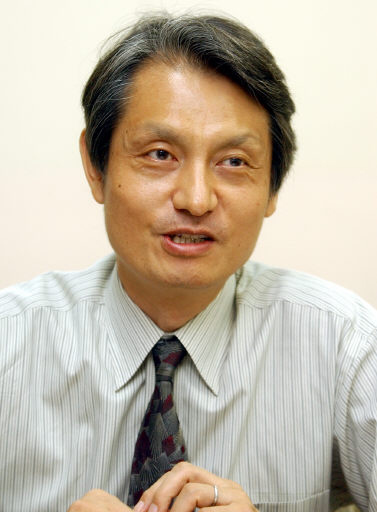 |
All eyes are on the consultations between China and North Korea going on right now in Pyongyang. The situation will largely be determined by what message U.S. assistant secretary of state Christopher Hill delivers to the Chinese and whether North Korea agrees to resuming either official or "unofficial" six-party talks. The American position is that if North Korea comes back to the six-party talks, then Washington is willing to discuss all the issues, and that there can also be bilateral discussions with North Korea in that context. The question is whether or not the current financial sanctions includes "all the issues." As seen in its firing of missiles, North Korea perceives action against its finances as something that could directly threaten the existence of its government. It therefore appears to have adopted a policy of all-out confrontation, in which the removal of financial sanctions is something on which it cannot compromise. Chinese diplomacy will be dealt a major blow if it fails to be persuasive with the North Koreans, since it was at its request that the Security Council vote has been postponed. It would be that much harder for it to vote against the resolution, but even abstention or nonattendance would be a display of the failure of Korean peninsular policy on the part of Hu Jintao’s government and overall incompetence on the part of Chinese diplomacy. China would be faced with a drop in its influence in Northeast Asia. It does remain possible that China could veto the resolution. It once threatened Taiwan with a missile launch, so formally recognizing that firing missiles is a threat to peace and something that makes one subject to sanctions could eventually backfire. The strengthening of the U.S.-Japan alliance over recent years is supposed to target Chinese military expansion and lack of transparency. The confrontation over North Korea is speeding up a new cold war between China and Japan. Hard-liners in North Korea might think that such regional confrontation is, over the short term, going to be advantageous for its strategy for survival, but creating a new cold war in Northeast Asia is not going to benefit the whole of the peninsula. North Korea needs to return to finding diplomatic compromise.





